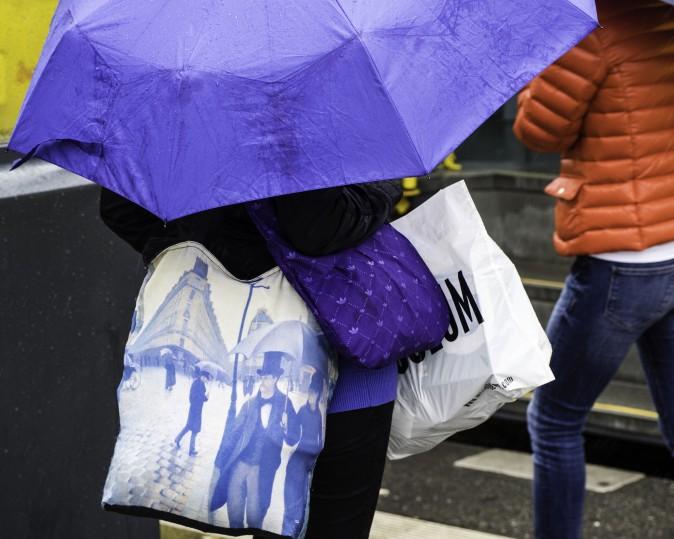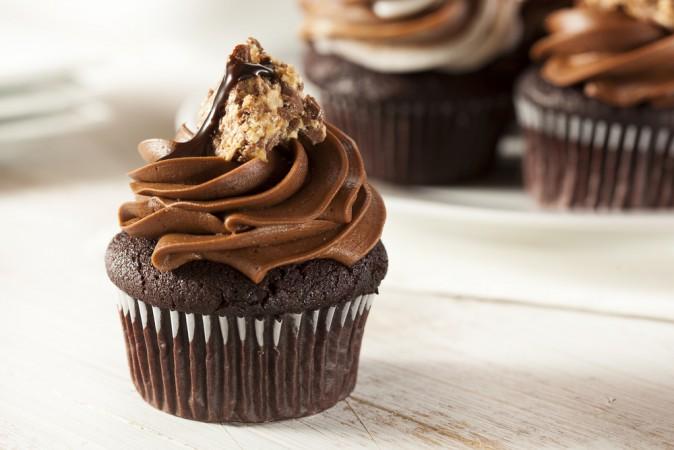In April this year, scientists from Georgia Tech and Yahoo Labs reported that something strange was manipulating online restaurant reviews. It wasn’t hackers. It wasn’t software bugs. It was rain, snow, and sunshine.
After looking at more than 1 million online reviews on sites like TripAdvisor, they found that restaurants received significantly better ratings on days with nice weather and worse reviews on any day with rain. “The best reviews are written on sunny days between 70 and 100 degrees,” researcher Saeideh Bakhshi concluded. “A nice day can lead to a nice review. A rainy day can mean a miserable one.”
In short: Yelp reviews are accidental weather reports.
Moods can also determine the sort of products that a person finds interesting. A recent study in the Journal of Consumer Psychology investigated how happiness affects consumer choice. There are two main flavors of happiness, the researchers said: a present-based happiness, which feels like calmness, and a future-based happiness, which feels like excitement. These flavors evolve as a person ages. One study of 70,000 instances of happiness on blogs showed the meaning of happiness evolving over time from excitement when people are young to peacefulness when they old.
This article was originally published on www.theatlantic.com. Read the complete article here.
More About Mood:
[aolvideo src=“http://pshared.5min.com/Scripts/PlayerSeed.js?sid=1759&width=480&height=350&playList=165233826&responsive=false”]




